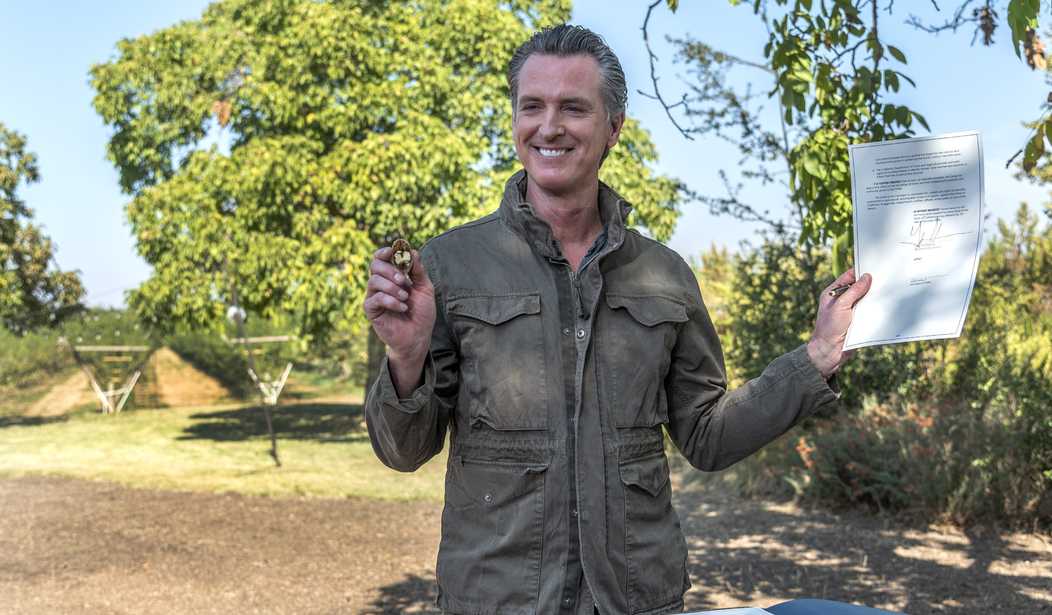Those of us on the political right see the contradictions and soft-focus narratives of people like California Gov. Gavin Newsom or New York City mayor-elect Zohran Mamdani. Conservatives tend to assume that power protects itself, and we expect ambition behind the curtain while waiting for the ledger and reading a polished speech from Newsom or some sweeping claim by Mamdani. We instinctively look for the motive.
The right has been conditioned after years of watching the government overpromise and underdeliver, and approaches such declarations with suspicion rather than optimism.
At the same time, a stubborn faith in political storytelling persists among many on the left. For example, Newsom speaks of California as a modern success story, despite the rise in homelessness and the exodus of people fleeing the state. His supporters often cling to narratives rather than numbers.
Mamdani uses language that includes buzzwords like "justice" and "equity," which resonates with the progressive identity; for many of his supporters, that resonance substitutes for scrutiny.
The person symbolizes the dream, so the facts are softened when they should be sharpened.
People on both sides of the political aisle live in different information climates.
Center-right audiences consume media that highlights hypocrisy, institutional rot, and political self-interest, familiar patterns recognized in similar behavior by new actors.
Center-left audiences depend on institutions that reinforce trust in their preferred leaders because unity is by far more critical to them than the uncomfortable truth, resulting in asymmetry.
One perspective expects spin and spots it; the other expects sincerity and filters out what contradicts that hope.
It's a dynamic with precedent. During the twentieth century, many Western progressives embraced the rhetoric of liberation from authoritarian regimes without grasping the reality beneath it.
Related: The Wilderness of Power: Rubio’s Frontier Transformation
Some conservatives, most famously Rush Limbaugh, saw the danger long before the facts made it impossible to ignore. Idealism hijacks societies and ruins them, depending on its depth. Any time a movement is built on the promise of moral progress, it becomes harder for those inside it to question its champions.
The record shows that blind spots tend to grow within movements that see themselves as righteous by default.
A balanced civic culture needs two instincts; the left needs skeptical generosity. Support your leaders if you choose to, but audit them with the same seriousness applied to opponents.
The right needs disciplined hope; vigilance doesn't require cynicism as a permanent posture.
The national temperature would cool and accountability would rise if both camps adopted rigorous but fair scrutiny. Until that happens, the divide isn't going anywhere; one side sees the emperor's clothes for what they are, while the other admires the stitching.










